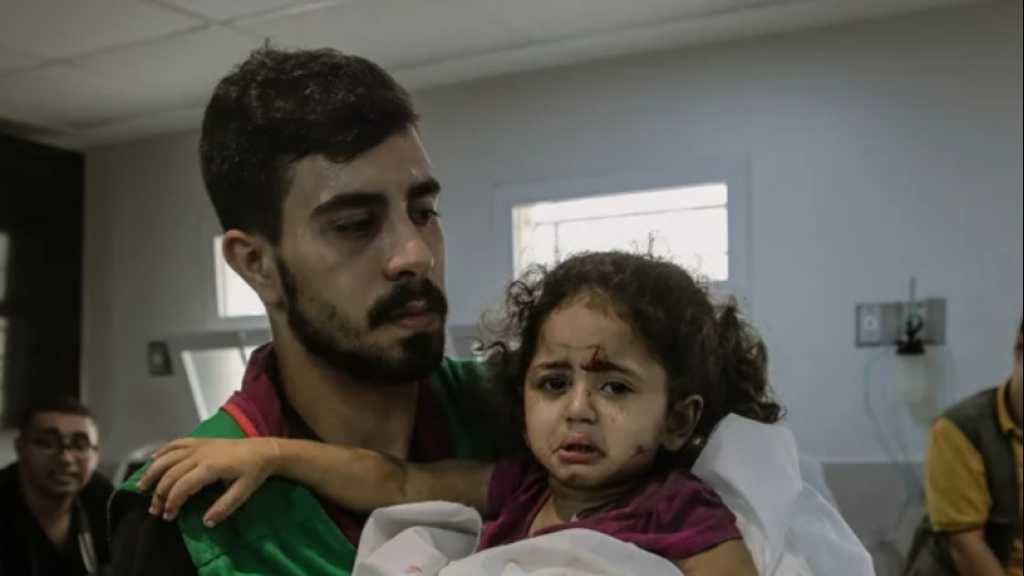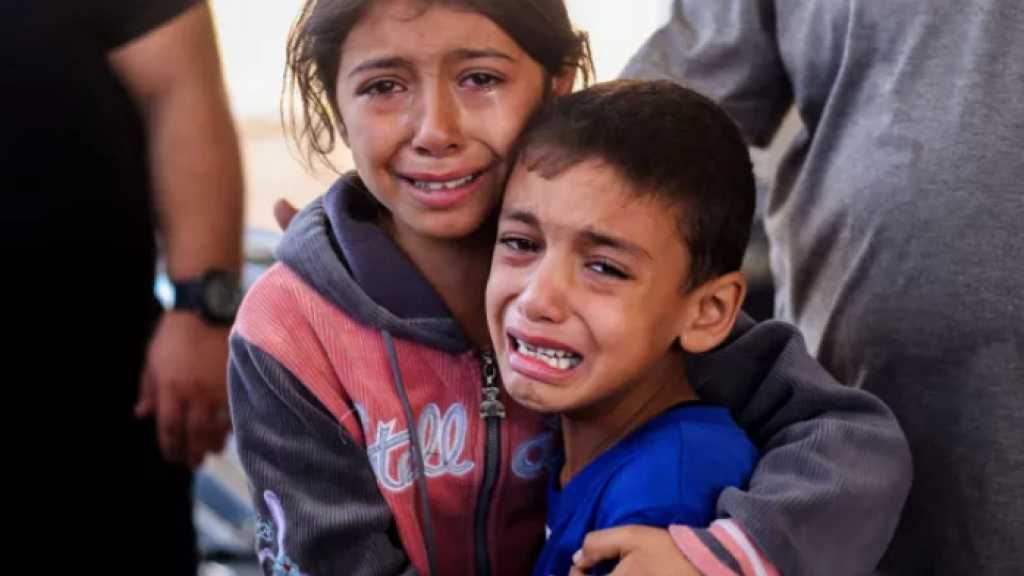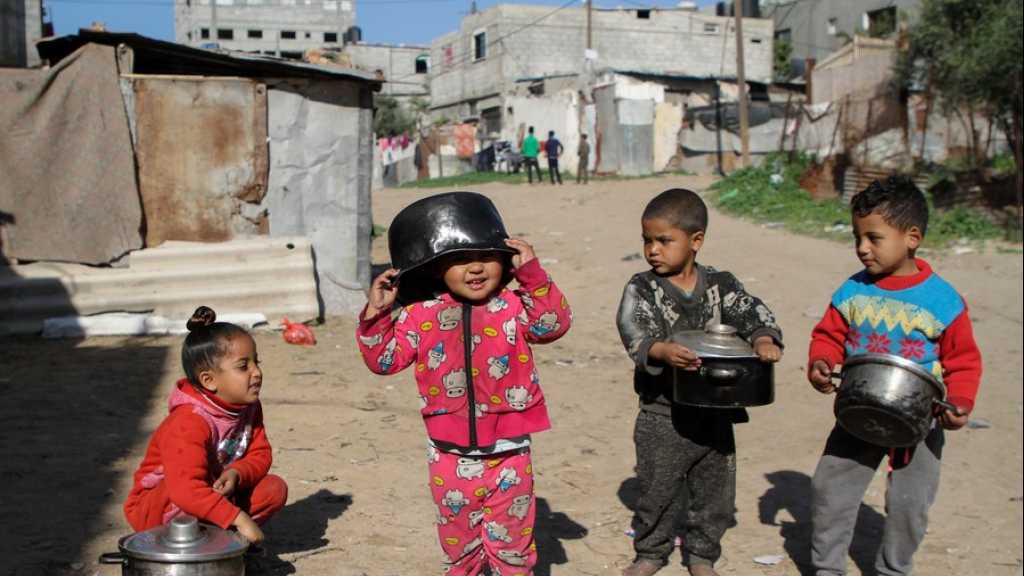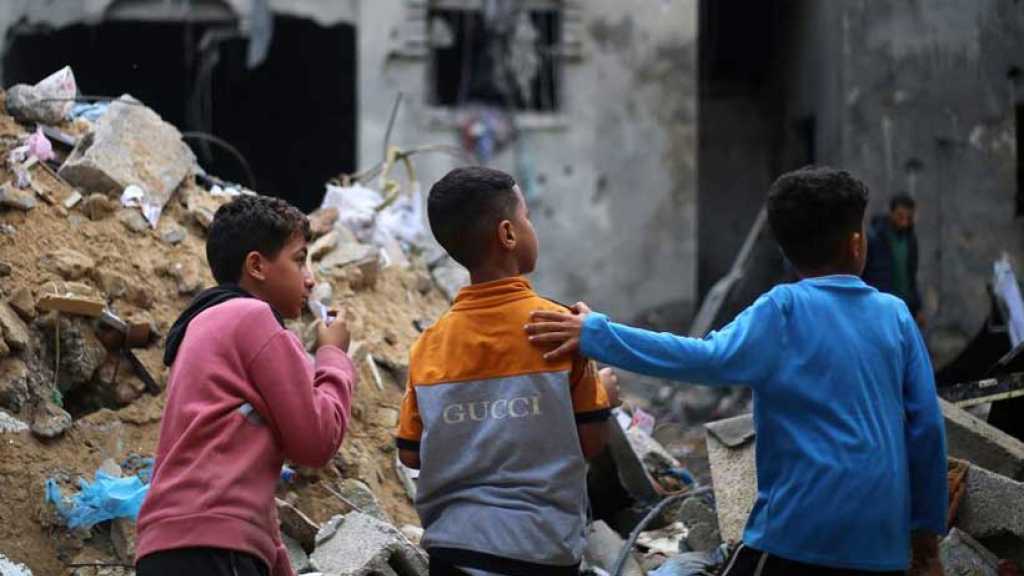
" "Israel" has achieved nothing from this..."

By Neve Gordon
Rafah - The people of Rafah wandered around the rubble of what had been their homes, dazed and distressed by the scale of the destruction. A young man stooped to push a crumpled armchair into a crater below his broken house. Gaza's frontline neighbourhood of Rafah has never seen anything like this. It was the first morning after 22 days of intense bombing, and many have lost everything.
Along a row of shattered houses a veiled woman sat in a chair surrounded by broken pieces of furniture and concrete. She waved towards the sandwiched layers of flattened concrete where her six-story home once stood. "When 'Israel' does this... it just makes us stronger," she said. "We have even more sympathy with Hamas now."
It was a message that several people delivered as I wandered around Rafah, surveying the holes gouged from the ground where tunnels once burrowed their way under the nearby Egyptian border. "Israel" says the tunnels are used to smuggle weapons into Gaza, and the locals do not deny this. But they also point out that the "Israeli" bombs have wiped out entire neighbourhoods in densely populated rows of houses.
Glancing over the wasteland, one man said: "‘Israel' has achieved nothing from this".
Nearby a group of noisy children was digging in the rubble of a house, pulling out pieces of shrapnel from "Israeli" bombs. "Look at this," one boy yelled, waving the large chunk of metal above his head like a trophy.
Back in the centre of Rafah, Abdul Kareem, a young student, standing outside his burnt-out home, was at a loss to explain why the house was targeted. He had nothing to do with Hamas, he insisted; he was a supporter of President Mahmoud Abbas' Fatah faction.
He and his family had fled after the first missile landed; two further missiles followed. Looking at the remains of his bedroom, he began sobbing. "I don't understand it," he said. "I don't understand what I should do now. I cannot do anything. This is life in Gaza."
Everyone I spoke to in Rafah said they felt they were targets during the three-week assault. Many claimed that "Israeli" attacks were indiscriminate, and not in response to rockets fired from Gaza.
At the UN school in Rafah we found hundreds who had taken refuge after fleeing their homes. The previous night bombs had fallen around the school, and children were now venturing outside. Many had stories to tell and felt unsafe - even at the UN compound. In a first floor room a young boy told of how his uncle had bled to death. They called for the man's widow and Ghalia Abu Hussein appeared, her face covered with a veil, struggling along with her children.
She said that her husband was a telecommunications worker and that he was an innocent victim.
She agreed to take me to her home, ten minutes drive from the school.
At the house she took me up the stairs to the first floor where "Israelis" had, she claimed, fired missiles through the front of the building, hitting her husband in the head as he looked out the window. His shoes lay in the rubble. Abu Hussein said: "My husband just went to look out the window to see what was going on. He had refused to leave the house. Then they shot him in the head.
"I had to flee with the children. There was nothing we could do. He bled to death because the ambulances couldn't reach the house." At the bottom of the stairs one of her daughters was sobbing quietly as the constant whine of an "Israeli" drone hovered overhead.
"Listen to those drones - and they talk about a ceasefire," her mother said, as she launched into a bitter and angry verbal assault about the "crimes" "Israel" has committed against the residents of Rafah.



